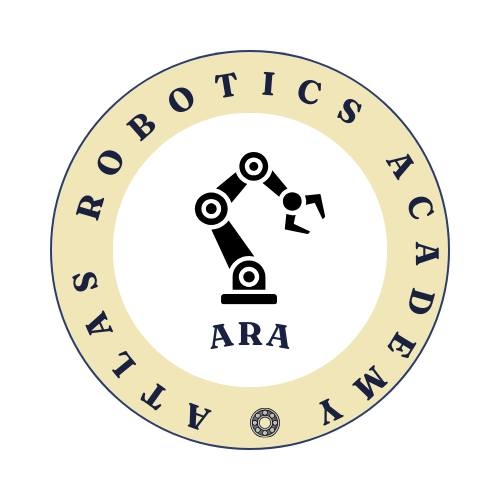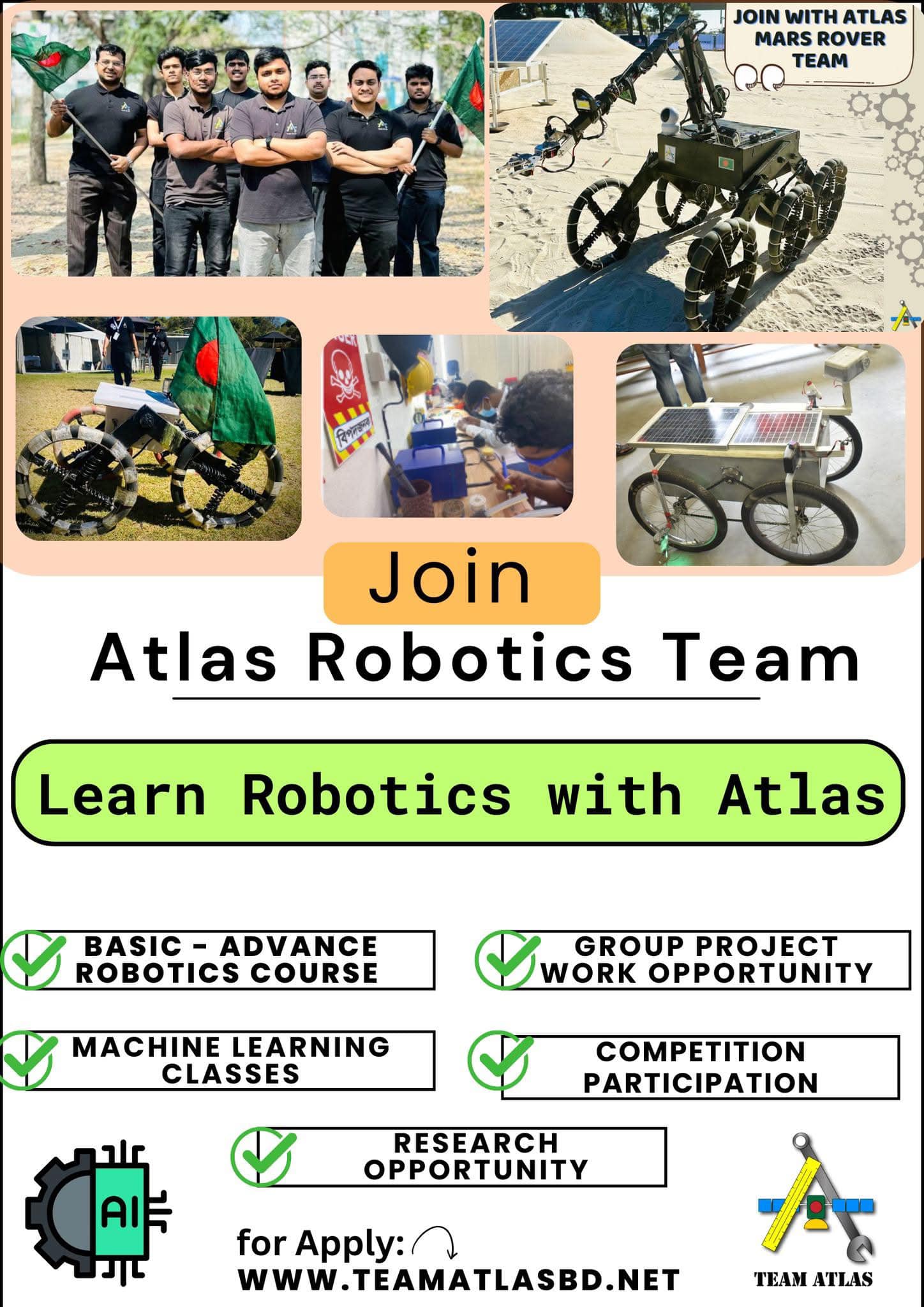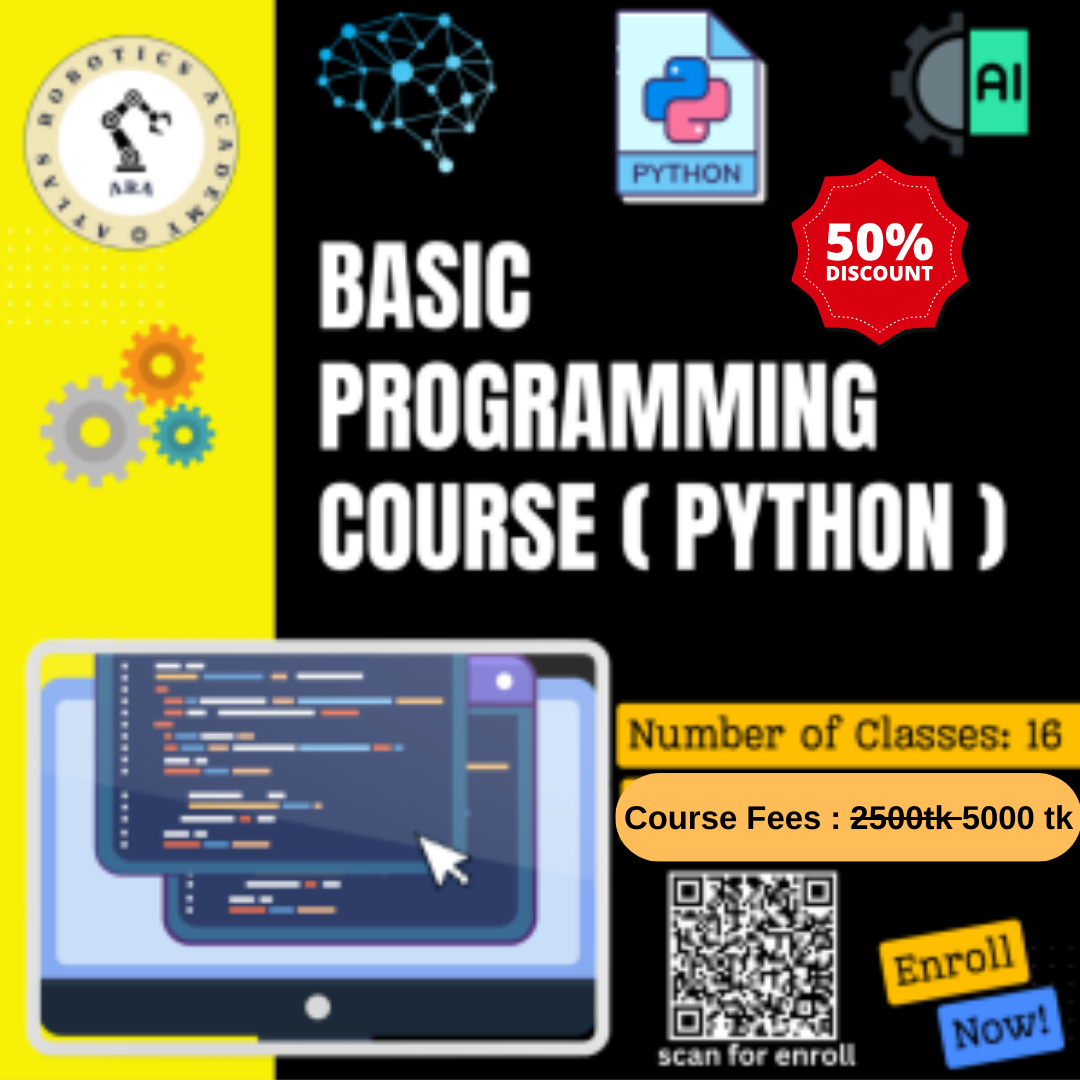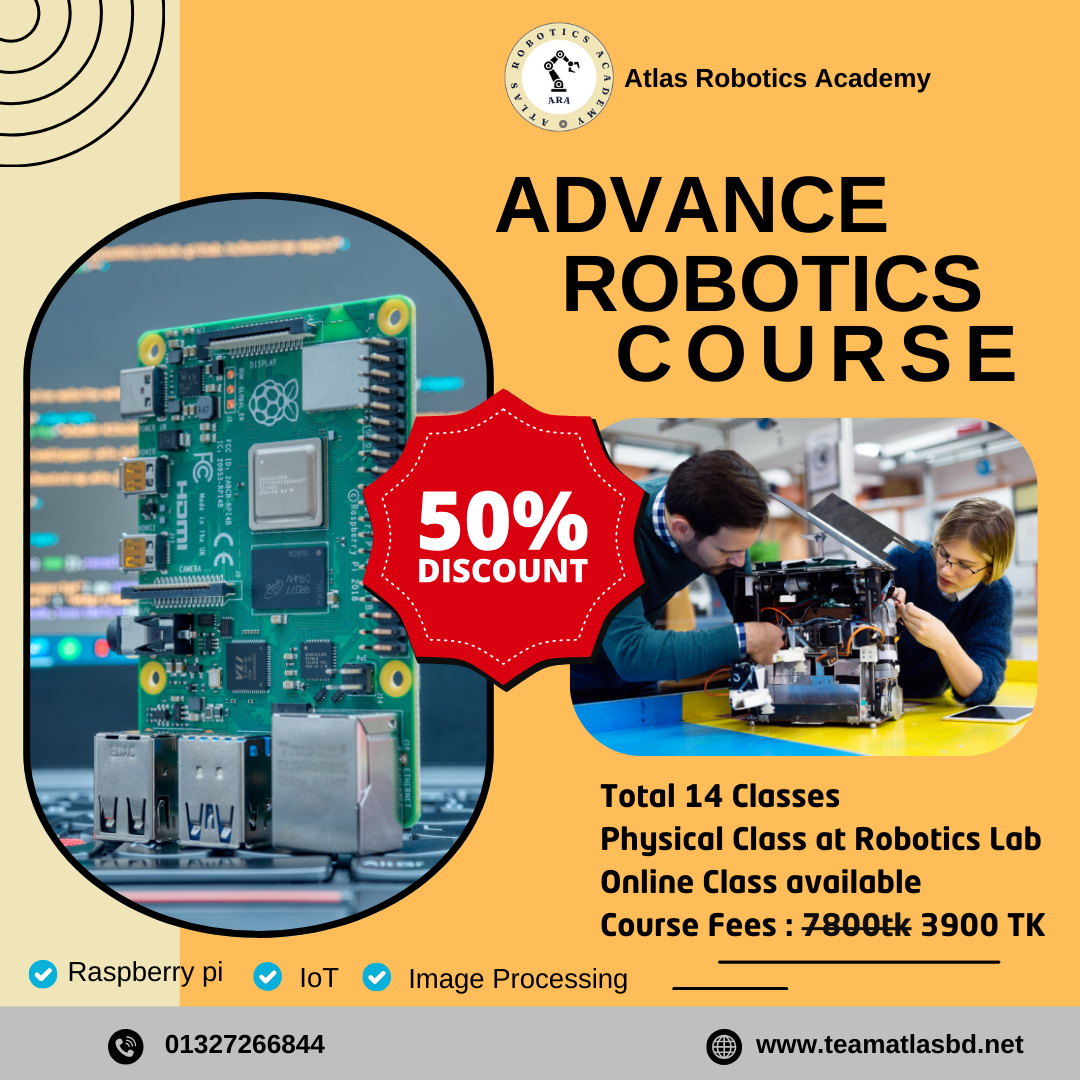About Course
Online Course Details
-
Flexibility: Learn at your own pace with access to recorded lectures and online resources.
-
Interactive Sessions: Participate in virtual workshops and discussions.
-
Accessibility: Access course materials anytime, anywhere.
-
Group Project: Collaborate online with classmates to design and build a robot.
-
Evaluation: Mid-term and final tests conducted online.
Offline Course Details
-
Immersive Learning: Face-to-face interaction and hands-on practice in lab facilities.
-
Practical Sessions: Directly work with robotics components and equipment.
-
Team Collaboration: Design and build a robot with classmates, fostering real-world problem-solving skills.
-
Live Workshops: Benefit from live seminars and expert talks.
-
Evaluation: Mid-term and final tests conducted in-person.
Choose the learning mode that best suits your needs and start your journey into the fascinating world of robotics! Feel free to customize these details further to match your specific requirements.
Benefits of the course
- Core Concepts and Principles
- Introduction to Robotics: Understand the history, applications, and future trends in robotics.
- Fundamental Concepts: Learn the basics of robotics, including kinematics, dynamics, and control systems.
- Technical Skills
- Mechanical Design: Gain knowledge on designing robot structures.
- Electronics and Circuitry: Learn to design and understand robot circuits.
- Programming Basics: Get introduced to programming languages used in robotics, such as Python and C++.
- Microcontrollers: Work with microcontrollers like Arduino to control robotic components.
- Advanced Topics
- Sensors and Actuators: Study various sensors and actuators and their roles in robotics.
- Robot Control: Learn about control systems and algorithms for robot movement and behavior.
- Autonomous Robots: Understand the basics of autonomous navigation and decision-making.
- Artificial Intelligence in Robotics: Explore AI techniques and their applications in robotics.
- Robot Vision: Learn the basics of computer vision and its applications in robotics.
- Hands-On Experience
- Group Project: Design and build a simple robot, applying the concepts learned throughout the course.
- Practical Sessions: Participate in workshops and labs (offline course) to directly work with robotics components and equipment.
- Evaluation and Assessment
- Mid-term Test: Assess your knowledge on the first half of the course content.
- Final Test: Evaluate your understanding of the entire course material.
- By the end of this course, you'll have a solid foundation in robotics, practical experience, and the confidence to pursue further studies or projects in this exciting field.
Earn a certificate
Add this certificate to your resume to demonstrate your skills & increase your chances of getting noticed.








